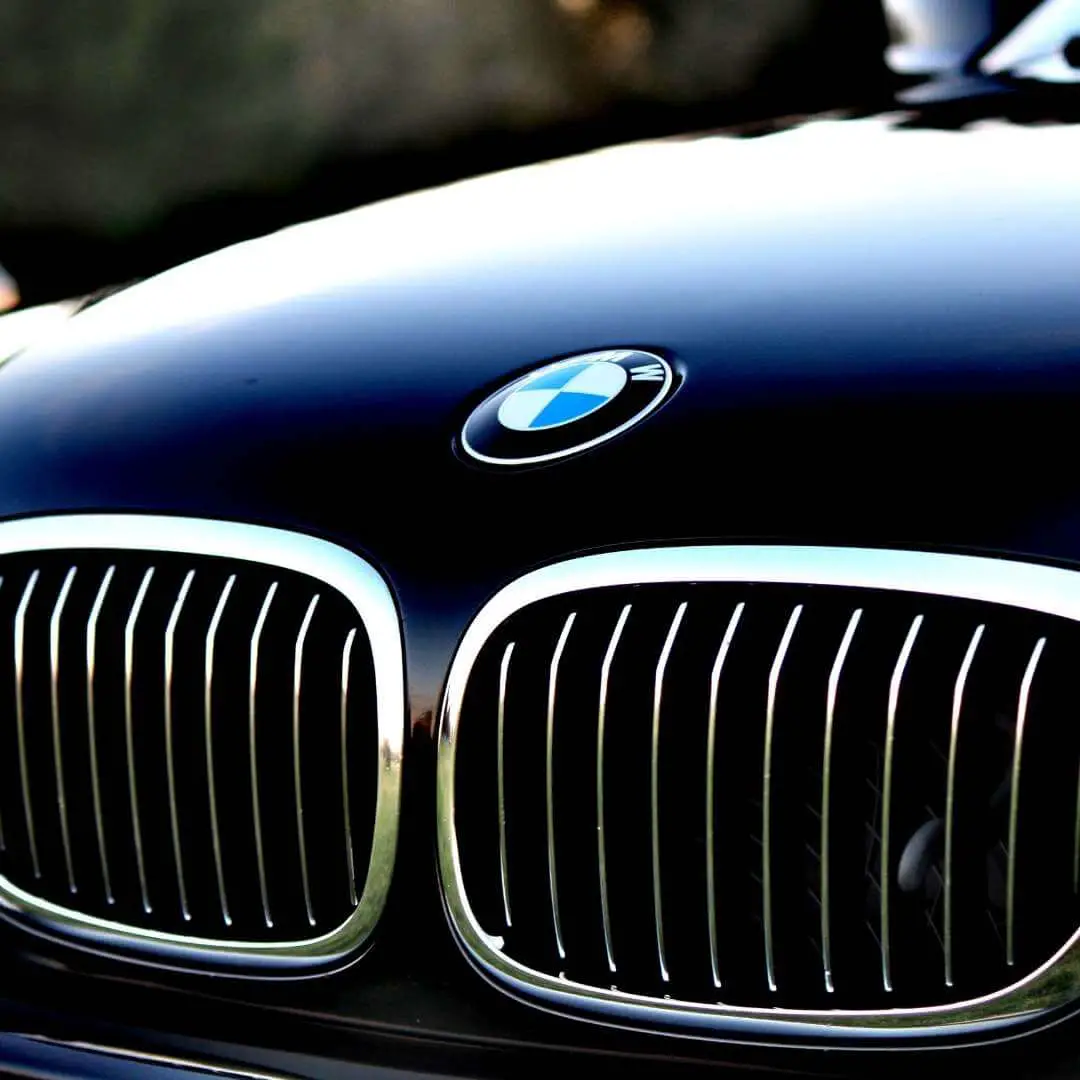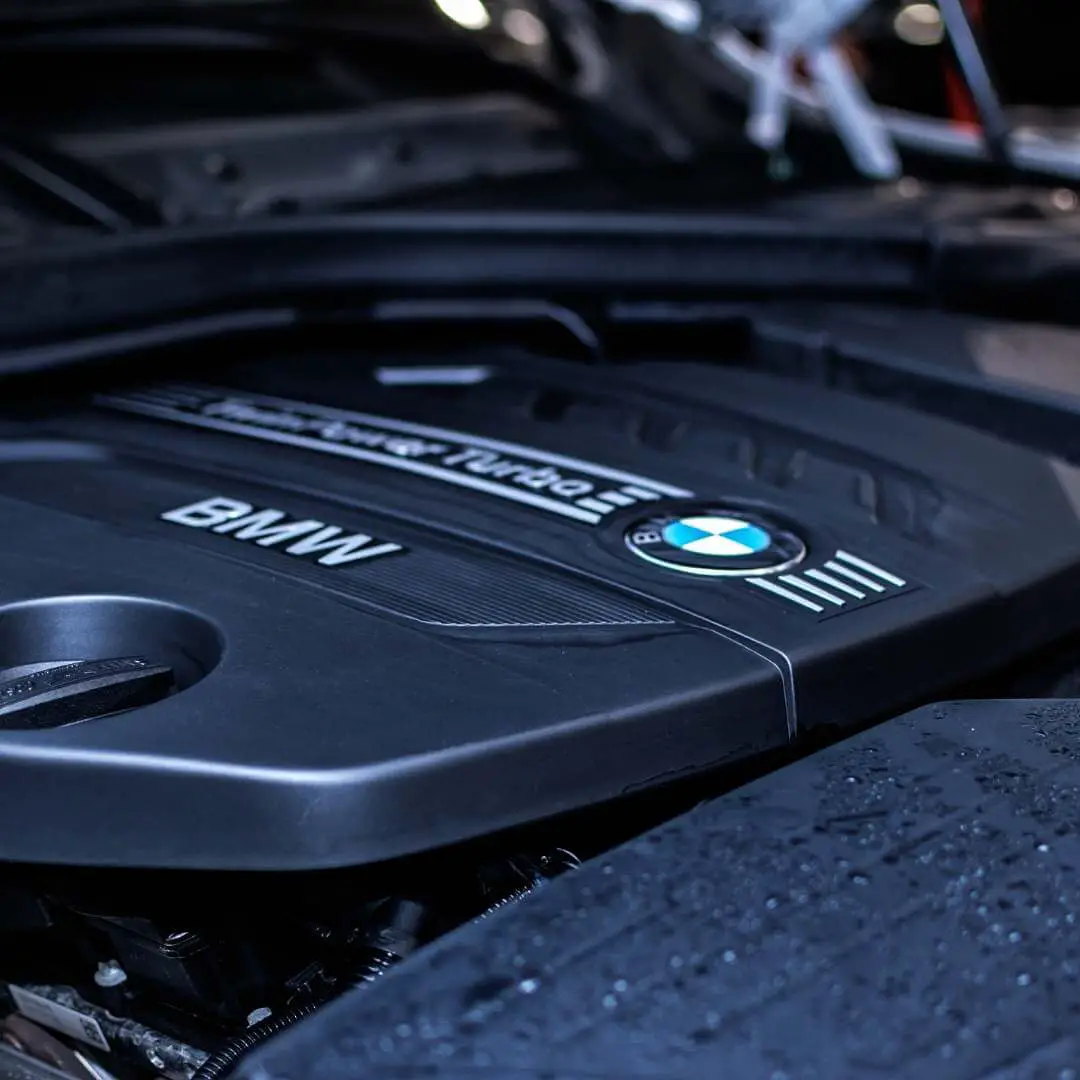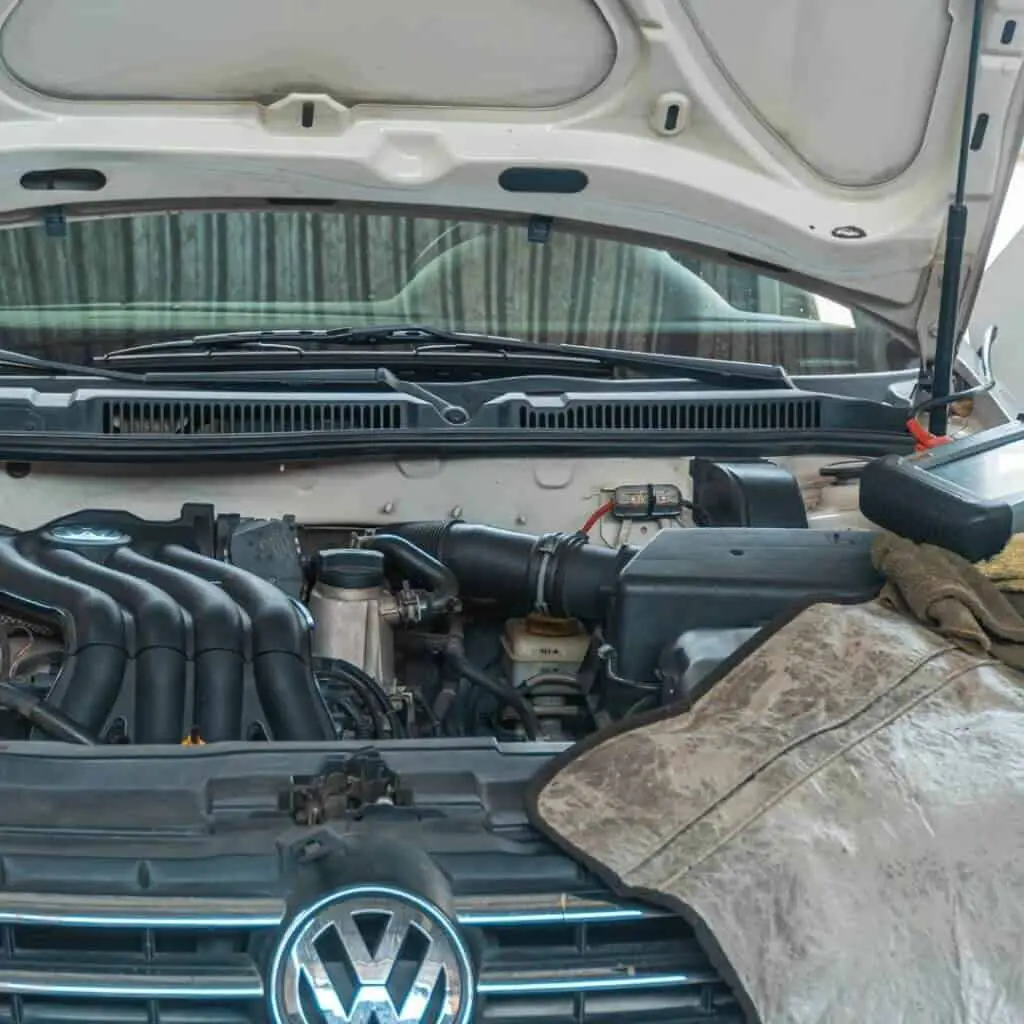The price of a car isn’t all we have to worry about when purchasing a new vehicle. The cost of their parts also plays a role in the overall investment. Each time something breaks, we’ll have to worry about that cost, which can be exceptionally worrying on more premium cars like BMW. Logically, this leads us to the question: are BMW parts expensive?
Are BMW parts expensive?

The car parts market is frequently fluctuating. As the models come and go, prices rise and fall. With the extra complication, manufacturers bring to the market, our grasp on the market price is often incomplete.
When it comes to BMW, the fact that it’s a premium card brand does affect the price. That’s why BMW car parts are often rather pricey, being one of the most expensive parts on the market.
Furthermore, that detail is why it’s usually best to maintain BMWs consistently and avoid costly replacement parts purchases[1]
Cheapest BMW to maintain

By purchasing a BMW, you indirectly accept the rather considerable prices of the replacement parts and repairs. This is usually the most impactful factor in one’s purchase of a BMW.
In fact, the maintenance costs for a BMW can be as high as 1,700 dollars per year. Therefore, to mitigate the pricey maintenance of BMWs, it’s worthwhile to check which ones have maintenance that’s more manageable financially.
BMW Z4
First up, we’ll cover a great example of cheap costs. The BMW Z4 is a car that can match the BMW standards while still undercutting some of the maintenance cost standards these vehicles have. While the niche it covers has more potent members in it, the price and power are still quite admirable.
Speaking of price, Z4 goes below even the low-end cost of yearly maintenance for a BMW. At the same time, we can expect to pay 1,000 dollars on average for annual maintenance. With BMW Z4, those expenses go down to 894 dollars. [2]
BMW X3
The next up is an SUV that has stood the test of time. BMW X3 is a reliable and consistently updated model on BMW’s offer. While the advantages and disadvantages vary based on the year we own, it nonetheless provides a great ride for those seeking an SUV worth investing in.
On top of the standard specifications, BMW X3 can offer us cheaper annual maintenance costs than most BMWs. The prices of usual yearly costs will come up at $1,034.
This is close to the lower ranks of BMW maintenance prices. So depending on the year of your BMW X3, you may get even better value and lower maintenance costs. However, be careful, as the wrong choice could have an inverse effect. [3]
Related: BMW X3 Years To Avoid
BMW i3
On the hatchback end of car designs, BMW has cheap options to provide as well. While the BMW i3’s maintenance isn’t the cheapest among BMWs or cars in general, it is much more affordable than the standard placed by the manufacturer.
When picking out our next vehicle, this small car can feel perfect to choose from. The overall comfort of it is quite impressive, and the storage within this car is massive.
The maintenance for a BMW i3 from newer years averages around 1,172 dollars. There are no common problems unique to this vehicle besides issues with the Range Extender on the variations of the model with it. Getting one without it will usually only leave the standard expenses of a BMW as consistent worries.
Why are BMW parts so expensive?

The true reason why BMW is such an expensive brand is that it requires specialty parts and some extra tools on the mechanic’s side to repair properly. The car is expected to get ample and specific treatment rather than being flexible with it.
As expected, lacking options, we will have to pay exorbitant prices for the original BMW parts. BMW is a car brand that justifies these costs through excellent performance and incredible features, but the fact of its maintenance stands.
Many of these costs come from the unique design of the cars, making most of the alternative sources of car parts, like aftermarket parts, harder to utilize. We will look into the state of aftermarket parts and their utility later.
Standard maintenance and repair costs
While parts are expensive to replace on almost any car, the difference usually ends up being more visible with the standard services of a car. The car can have many repair costs coming in during just one year of us owning it, so it’s always good to know more about expected prices.
Oil change
The oil change is a service we are guaranteed to engage in most frequently. As per the BMW manual, the oil on BMWs should be replaced every 15,000 miles. It’s important to change oil on time. By changing oil on time you will avoid costly engine problems.
As far as the costs of such a service go, you can expect to pay around $149 to $174 for every change. But, of course, the more you drive, the more often you’ll need to replace oil. [4]
Engine filter
Changing out engine filters is the best way to prolong the engine’s longevity and ensure that issues that may crop up on it are subdued. While engines are big, heavy, and complex machinery, it doesn’t take much for them to get damaged.
Even a tiny piece of debris in the wrong part of the engine can incur incredible damage to its components. Unfortunately, cylinders and pistons are the first to fail in those situations, which leads to us accumulating even more pricey repairs.
The engine filter prevents these severe issues from happening by filtering out unwanted particles. Consistent replacement of that filter ensures it’s always at top form, performing the important role it has with the highest quality.
Thankfully, the price of changing out an engine filter isn’t that intense. Coming up at $88 at the low end while the upper estimate is only slightly more than $100. The replacement frequency is usually at 30,000 miles, but it’s also good to replace it before 20,000 if you wish to be extra safe. [5]
Windshield wiper motor replacement
We are delving into pricier yet frequent changes now. For example, the windshield wipers on our car serve a very important purpose, and they grant us visibility during bad weather.
Rain and snow could become extremely dangerous to our driving experience without properly functioning wipers. While windshield wipers themselves are usually not expensive to replace, their motors are.
The price of this replacement is bound to cost you more than $600, varying slightly in price and rarely reaching $700. A windshield wiper motor is quite different and more complex than the windshield wiper itself, which is why this price tag is so much higher. However, it is an important repair to do in order to keep your car safe on and on the road.
Original Equipment Manufacturer parts vs aftermarket parts

When it comes to rough and broad classifications of car parts, we have two to pick from. The ones come straight from the manufacturer who made the vehicle and those made by third-party manufacturers. Let’s see the advantages of both and what makes them worth buying.
Original Equipment Manufacturer Parts (OEM)
The Original Equipment Manufacturer parts are made by the manufacturer who made the vehicle. Meaning that the same level of quality and care is given to either. These are often the priciest choices when it comes to replacement and can cost quite a bit. They are also referred to as OEM, this classification tells us who makes the parts.
The key reason people choose OEM is their quality. There is no doubt when purchasing an OEM part that it will be created under the same conditions and with the same standards the entire vehicle was made. This will usually lead to quite a longer lifespan with fewer issues than the aftermarket ones.
While quality is an important factor, it isn’t the only one. A second important benefit is their performance. Most if not all OEM parts are made to fit the model of your car.
The creation process of OEM parts that incorporates these details will quickly produce an optimal fit for your vehicle. Making use of its unique characteristics.
Warranty stipulations are the last concern and benefit that is affected by part choices. Every BMW OEM part has two years of warranty, meaning any failure that falls under said warranty will be addressed as it happens.
This is infinitely useful for those who really get their mileage out of a car and like to stay safe in terms of extra financial effects.
It should also be noted that the warranty is rendered void if an aftermarket part causes any issues to the car. Installing a faulty or incompatible part that ends up causing issues will leave you in a rather bad place. Of course, proper vetoing of aftermarket parts can help, but the concern is still legitimate.
Related: Mini Cooper Problems
Aftermarket parts
Of course, aftermarket parts aren’t without their advantages. The most effective one is the price. Aftermarket parts are abundant, and with many manufacturers partaking in the market, you are bound to find a good deal no matter which one you are looking for. Of course, there is some checking to be done, considering their varying quality, but it will nonetheless lead to a much cheaper replacement.
Availability is another advantage of aftermarket parts. Certain components can be quite hard to find otherwise, and the extra concerns of importing them can break our bank as well as take too much time. Cutting this process short is desirable, and it’s the one thing aftermarket parts do quite well.
Sometimes, these parts can even excel in certain aspects over the OEM parts. While performance is steadily the advantage of OEM due to their custom fits, some extra work can be done to incorporate a compatible but non-standard item into the car. This is not a consistent or main advantage of these parts but contributes to their desirability.
The OEM parts for BMW can get quite pricey. Costing hundreds of dollars and requiring special fittings to install. In addition, the whole process can cost extra if local shops do not have the proper equipment.
Aftermarket parts are cheaper but, due to BMW being a premium brand, can cost a decent amount of cash still. Nowhere near the level of OEM, but it’s good to set realistic expectations.
Read Next: BMW N57 Engine Problems
Conclusion
The expensive nature of BMW parts stems from the simple fact that their production process is of high quality while their replacements take specialty tools to install. In addition, many expensive materials are utilized, which increases the overall priciness.
When buying parts, checking all of your options is usually recommended. While OEM parts can be perfect replacements, they are quite expensive. Replacing the broken part with an aftermarket one could be cheaper, but it requires more research to avoid low-quality ones.
Read Next: BMW 2 Series Active Tourer Problems




